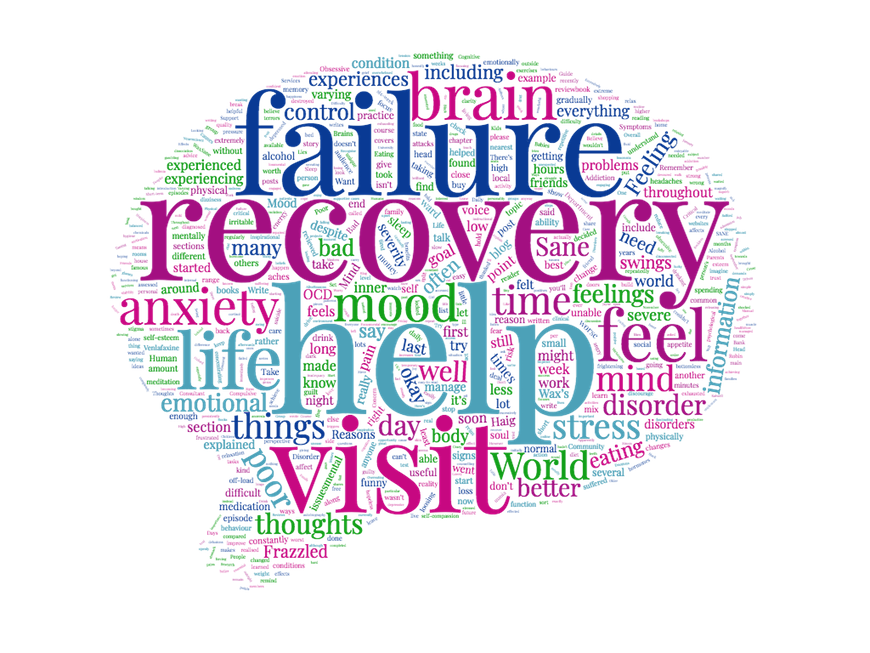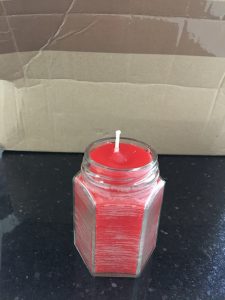 |
Supporting someone with mental illness can be difficult. What should you say and not say? What should you do and not do?
First educate yourself around mental illness. Mental health charities Mind and SANE both have informative websites. |
You can see General Statistics for Mental Health in the UK here. You can see a A list of Famous People who have experienced Mental Illness here. You can also see 15 Lies That Depression Would Have You Believe here.
Second: You must look after yourself. You can’t support anyone else if you are not well physically, mentally or emotionally. You may find my blog post 10 Easy Ways to Improve Your Mental Health useful.

On to the practical advice to support someone with mental illness:
- Stay in contact with them. Ask them how they would like you to keep in contact. Some may may prefer phoning or seeing; whereas others may prefer messaging or texting.
- Unconditional love and care. Let them know that you love them unconditionally and care for them deeply. Don’t have any expectation that they will reciprocate.
- Listen to what they say and don’t assume anything.
- Ensure that there are no distractions when you are with them or on the phone to them. Put your phone on silent and make sure any loud children are pets are out of the way (if you have them).
- Offer practical support. Go shopping for them or with them, help them to clean, cook them a meal. Whatever it is that they need. They maybe resistant to the idea of practical help, so reassure them that you are happy to help and that you know they’d do it for you.
- Remind them to take their medication or when appointments are due. People with mental illness tend to have poor short term memories.
- Ask them about their appetite and diet. If they have an appetite but are struggling to make anything (due to lack of energy and/or motivation), find out what there favourite meal is and cook it for them.
- Offer distracting activities. Distracting activities that you can both do together can give someone a break from their own critical inner of voice. The activities can be something as simple as a walk around the park. Make sure you are always led by the person with mental illness though. If they say that they are too unwell or tired to do the activity, don’t take it personally. And certainly don’t judge them or take offence.
- Help them access support. This could include going with them to GP, counselling sessions or mental health service appointments. Offer to sit in appointments with them, but let them know that it’s okay if they want to be seen alone.
- Be understanding. Someone with mental illness may cancel plans at the last minute. You may arrive at their house to find it messy and them unclean. Don’t take it personally, let them know that you understand and ask if there is anyway that you can help.
- Be patient. Like any illness, mental illness takes the right treatment, the right support and time for them to start to feel better.
- Limit questions and time spent with them, if you feel they are exhausted and need to rest. You’ll be able to spot if they need to rest by: pulling on their hair, forgetting what you’ve said to them, being very slow to respond, unable to think of words, dropping of their head, shuffling of feet and other body language people use when they look like they are about to drop off to sleep.
- Be aware of your own body language and theirs. Try and display open body language and avoid mirroring.
- Try not to give advice, as often it is unrealistic and unhelpful. For example never advise someone with depression to exercise more or have an healthier diet. This person has probably used all of their energy and motivation to get out of the bed. This single action has left them more exhausted than they have ever felt in their life. So advising them to exercise, eat an healthier diet or make big changes to their life will seem unachievable and may come across as if you are blaming them for their depression.
- Sign-post them to useful resources. Such as: NHS Choices, Time to Change, Mental Health Foundation, Mind, SANE, Anxiety UK and Bipolar UK.
This blog post is part of a series that focuses on mental health. Other posts in the series include: Mental Health Focus: Treatment & Recovery, Mental Health Focus: A List of Common Conditions and Mental Health Focus: 5 Brilliant TED Talks About Mental Health.
You can read about my experiences of mental illness here: Life Hiatus – My Mental Health In-Patient Admission and Diagnosis of a ‘Mood Disorder’, My Health Woes: Clinical Depression, Dental Abscesses, The Lump and The Emergency Surgery, Finally…in Recovery and getting Back to Life and Mental Health Focus: I’ve Been One of the 1 in 4.
Take care,
Antony











